In a stunning end-of-year twist to the Magic Leap versus Nreal legal saga, the China-based startup is now filing a motion against Magic Leap.
Documents detailing the motion were filed on Monday with the US Northern District Court of California.
The documents state that Chi Xu, the founder of Nreal, is now formally calling for the case to be dismissed.
"I submit this declaration in support of Defendants' Motion to Dismiss ('Motion')," reads the statement from Xu found in the legal filing. "I have personal knowledge of the facts set forth in this declaration and, if called to testify as a witness, could and would do so under oath."
Xu, who once worked for Magic Leap as a software engineer, is being accused in the lawsuit filed by the Florida-based company of stealing trade secrets the company alleges he acquired while working for the augmented reality startup.
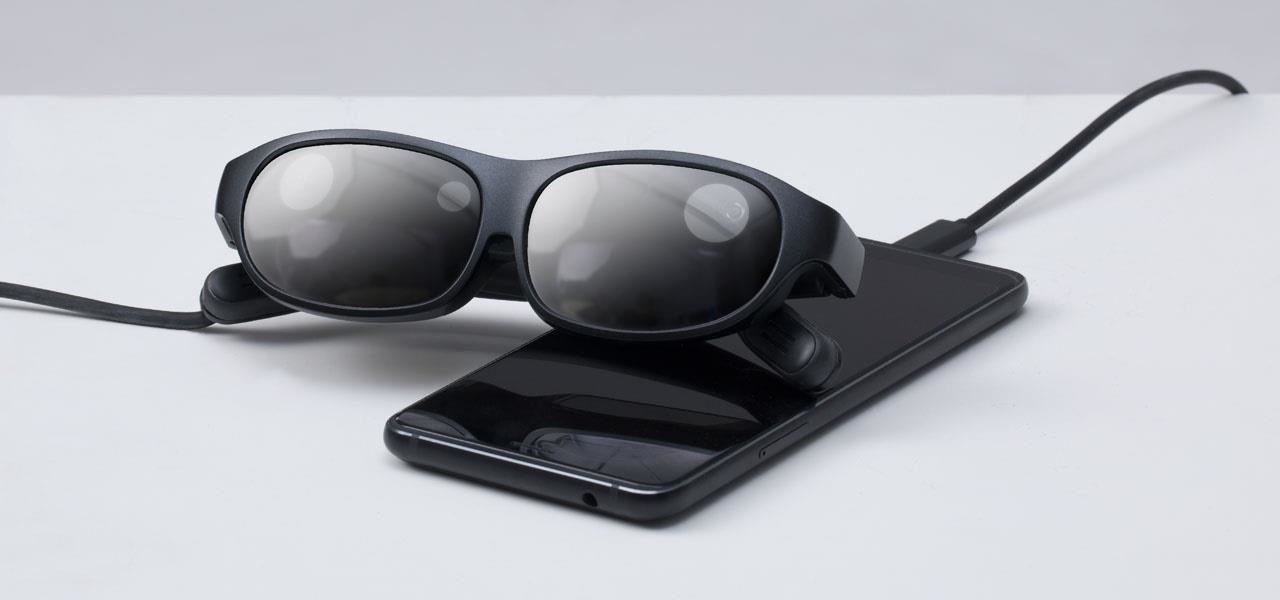
Now, Xu claimes that he not only received praise for his work at the company but that he went on to work at another AR company after Magic Leap (a point that would seem to work against claims that Xu immediately started his own AR company after working at Magic Leap and being exposed to its inner workings).
"During my employment at Magic Leap, I received awards for my performance, including a performance bonus," states Xu. "I left Magic Leap after about one year. I gave approximately 3-4 weeks' notice of my departure. My last day working at Magic Leap was August 5, 2016. After I left Magic Leap, I worked at a software company called xPerception that was focused on developing software for AR glasses and robotics. I was a software engineer at xPerception for approximately two months."


Although xPerception, which was acquired by Baidu back in 2017, isn't listed on Xu's current LinkedIn profile, any proof of Xu's tenure at xPerception might go a long way toward bolstering Xu's case with the court.
Later, going into more detail regarding the formation of Nreal, Xu outlines exactly how the company came to be.
"I was intrigued by AR and its potentially wide-reaching applications in fields from healthcare, to education, to communications, to retail. Ultimately, I decided that I wanted to create my own company that would develop AR glasses," states Xu.
"I co-founded Nreal, and Hangzhou Tairuo was formed in January 2017. One of my co-founders was Bing Xiao, my former classmate at Zhejiang University. Bing has a bachelor's degree in Information Engineering and a master's degree in Optical Engineering, both from Zhejiang University. Neither Bing nor any Nreal employee (other than me) has ever worked for Magic Leap. One aspect of designing AR glasses is optics. I considered Bing's experience with optics to be a great asset when founding Nreal. At Nreal, Bing is in charge of all aspects of the business related to optics. Before founding Nreal, Bing had experience designing optical systems, including optics for AR glasses. Bing's official title at Nreal is Vice President and Chief Optical Scientist.
"Bing and I decided that our new company should try to reach a wider audience by making AR glasses more affordable than the glasses offered by other companies at the time. We wanted to bring AR applications to as many people as possible by developing a product we could offer at a lower price."
Then, going into detail about the price of the Nreal Light ($1,199 for the developer version, and $499 for the forthcoming consumer version versus the $2,295 for the Magic Leap 1), Xu highlights a key technical difference between Nreal's product and Magic Leap's.
"Unlike Magic Leap's product, the Magic Leap One, the Nreal Light glasses do not include a Myriad 2 chip," states Xu. "The code for the Myriad 2 that I worked on at Magic Leap in 2015 and 2016 could not run on, and is incompatible with, the Nreal Light."
In a message sent directly to Next Reality, the company states:
"Rather than focus on developing a superior product, Magic Leap has resorted to filing lawsuits to slow down new entrants in the AR market. In 2016, Magic Leap filed a trade secret case against two former employees who had attempted to start a new company in the AR field. After the Court found that Magic Leap's 'disclosures in totality fail to disclose the asserted trade secrets with 'reasonable particularity,'' the parties settled, and the case was dismissed.
"Now, in 2019, Magic Leap is at it again, this time filing vague and unsubstantiated claims against Nreal and its co-founder, Chi Xu, apparently because Nreal is developing exciting new AR glasses technology that is a fraction of the weight and a fraction of the price of Magic Leap's headset."
For Magic Leap, the new legal filing is a troubling turn in an already tumultuous final two months of 2019, with two major executives exiting the company and its patents being held in limbo as collateral with JPMorgan Chase.
Magic Leap did not immediately respond to a request for comment. However, it's worth noting that last week the company sent out a note to customers stating that its offices would be closed from Friday, December 20 until Wednesday, January 1, 2020.
But Magic Leap's holiday break won't last long as a major meeting with the court regarding the Nreal case, now presided over by United States District Judge Lucy H. Koh (the same judge who worked on the high-profile Apple v. Samsung patent trial years ago), is scheduled to occur on January 15, 2020, just one month from today.
Just updated your iPhone? You'll find new emoji, enhanced security, podcast transcripts, Apple Cash virtual numbers, and other useful features. There are even new additions hidden within Safari. Find out what's new and changed on your iPhone with the iOS 17.4 update.
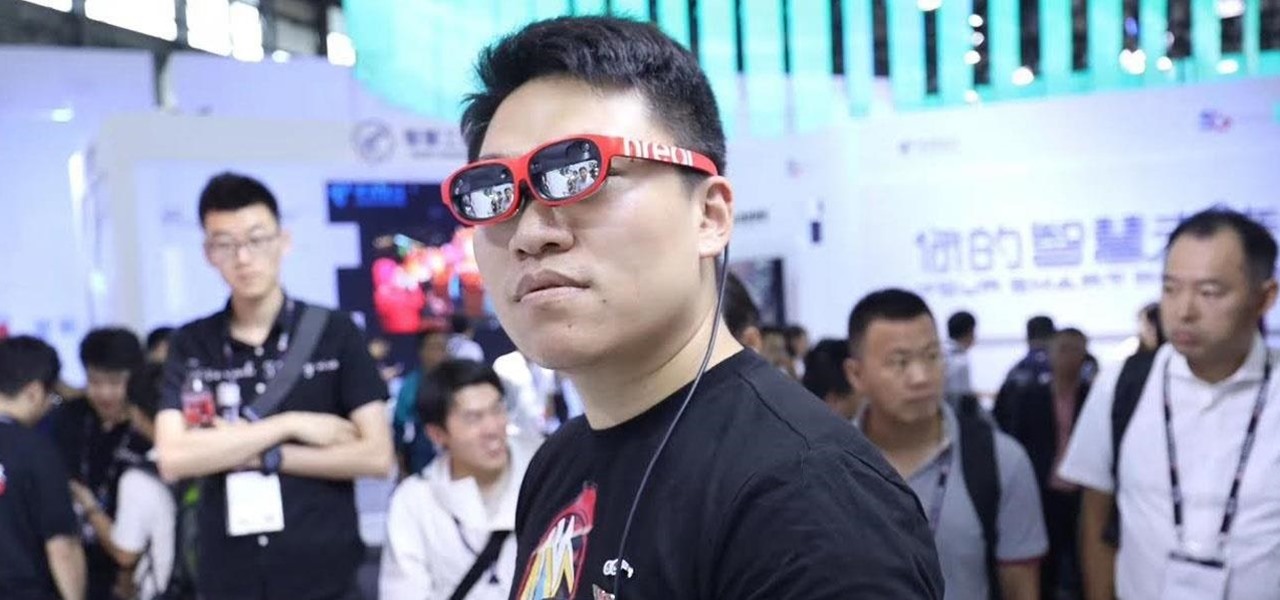



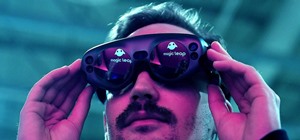

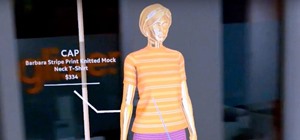
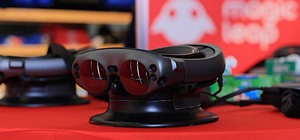

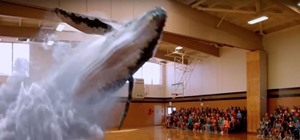
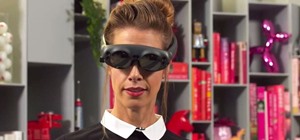
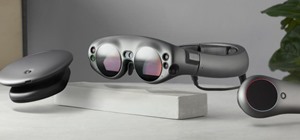
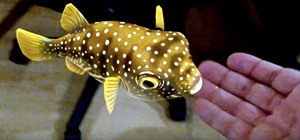
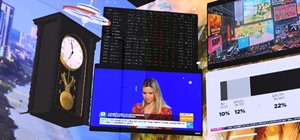
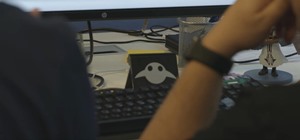

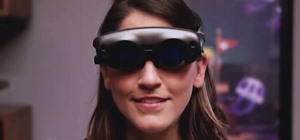
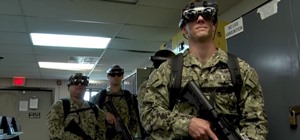


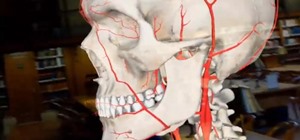
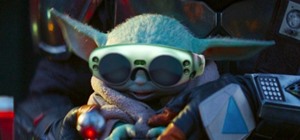




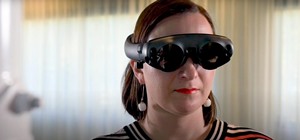
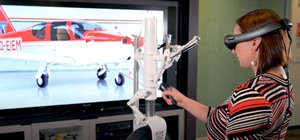

2 Comments
Tried both. No overlap at all!! NReal is standard tech just done really well.
ML used a lot of off the shelf components for their LCOS projector, 6 DOF tracking and NVIDIA TX2 SOC. The only custom based "patentable" system is the optics and that is even a pale comparison to the static lab unit shown off to investors. With that being said, Nreal is using, I speculate to be dual Sony 1" 1080P LCD displays into their own semi-mirrored/polarized optically shaped lenses with dual black&white cameras, IMU/fusion IC for parallex based SLAM. Total cost to them about $150-$200 depending on quantity. By using USB-C to multiplex video streams, fusion data to the host computer, be it a Snapdragon 845 or higher Android smart phone or PC (NUC would work) you have a inexpensive compact system that should sell 10s of thousands at $499 for education and entertainment. Anyone remember what the Commodore 64 cost? And you still needed your own display. Sure it wasn't an Apple 2 or and IBM PC and you didn't have the expansion directly, but man did this open the market for so many budding engineers and software developers, probably like Chi Xu. In my opinion ML tried to suck the life out of MR. with their BS terminology and fake marketing campaign while sucking up the investment capital that could have gone to quite a few more startups who really had innovative ideas that didn't need to hide behind secrecy and lies to truly change the world. Sadly we will never know.
Share Your Thoughts